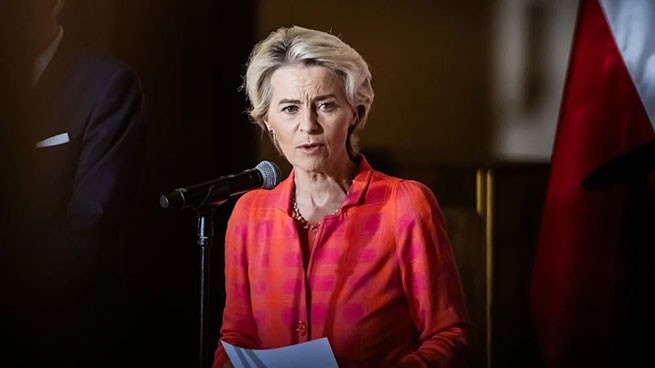The 2025 budget proposal presented by the Swedish government today includes tax cuts to boost competitiveness and economic growth at the expense of the climate and the social security system, critics say.
Sweden has seen anemic growth over the past two years, and in the second quarter of 2024, GDP even contracted by 0.3%, but managed to beat inflation, which fell below 2% (to 1% in June).
“The main duty is to fight inflation”
Since a right-wing government backed by the hard-right Sweden Democrats (SD) party came to power in 2022, “the main commitment of economic policy was to combat inflation,” Finance Minister Elisabeth Svadsson said at a press conference.
“Now this battle is won. Now we have to make sure that high inflation does not return, while at the same time implementing reforms and investments that will build a richer and safer Sweden for future generations,” she said.
The budget plan for 2025 includes new measures totaling 60 billion crowns (5.3 billion euros), excluding defense spending. More than half of this amount will come from tax cuts to increase the purchasing power of the population.
“Tax pressure is expected to reach its lowest level since 1980,” the Finance Ministry said in a statement. The tax on petrol and diesel will also be reduced, and the tax on investment accounts will be abolished, SEB said in a note.This budget marks a shift from a cautious fiscal policy aimed at combating inflation to a more expansionary one aimed at ensuring growth and competitiveness in the long term,” SEB said in a statement.
Sweden has one of the lowest levels of public debt in Europe, and it is expected to rise slightly to 33% in 2025. However, the abolition of the air tax and the reduction of taxes on petrol and oil will “increase emissions” of greenhouse gases, Swedbank noted in its budget analysis, which is “good for growth but bad for the climate.”
Criticism from the opposition
According to the opposition, the winners from such a fiscal policy will be the “richest”.The needs of schools and the social welfare system were ignored,” Karin Vangrad, a member of the Social Democrats, told the TT news agency.
The government expects to spend 7.5 billion crowns on health care, education and other social benefits – an amount that is insufficient to meet the needs of these sectors, the opposition believes.






More Stories
Ouzo is the flagship of Greece's spirits exports
140 new 'green' buses are running in Athens
Medicines: rising costs for citizens